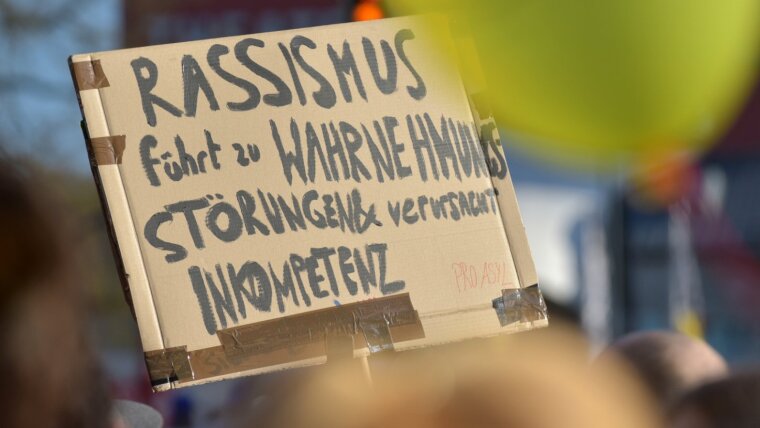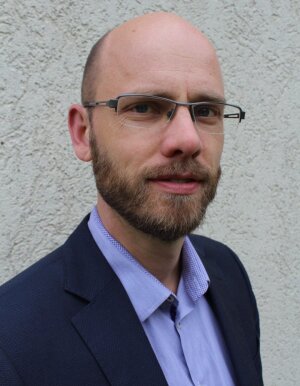
The violent death of George Floyd at the hands of the police in May 2020 sparked a wave of protests in the United States of America. This has given rise to a global movement that denounces racism in the past and present – and Germany is no exception.
Dr Daniel Stahl, together with his colleague Jacob S. Eder, has examined experience reports from Germans originating from Turkey.
Image: Clara Stahl»We have to question the narrative of the successful process of democratization that was shaped following German reunification«, says Dr Daniel Stahl from the University of Jena. The historian has been working with his colleague, Jacob S. Eder, to examine testimonies from German nationals with Turkish roots. »The experiences and perspectives of people with Turkish roots are fundamentally different to the experiences of the majority in society«, explains Daniel Stahl. Some of the decisive moments have been experiences of violence, such as the arson attacks in Mölln and Solingen, and the way the majority has dealt with them. The fact that Helmut Kohl didn’t attend the funeral service for the murder victims in Solingen and that the Federal Chancellery even spoke of »sympathy tourism« sheds less light on the former Federal Chancellor than it does on society: »Politicians know exactly what is allowed and what can get them in trouble«, states Stahl. This is also reflected by comments made by leading politicians on the refugee crisis of 2015.
Another lesson can be learned from the numerous investigative mishaps that occurred in the aftermath of both the arson attacks and the series of murders committed by the NSU. The search for the perpetrators always began in the victims’ environment; the acts were referred to as conflicts amongst »foreigners« who were products of their own social background.
Opportunity for change and the risk of rollback
Groups of people labelled as »foreign« have always had to ask themselves questions like »Are we safe? Can we stay here?« Their experiences of violence have provoked many different reactions. Many have found their identity in religion; others have demanded greater participation rights, such as the politician Cem Özdemir, who collaborated with other politicians of Turkish origin to drive reforms in citizenship law and open up more participation opportunities for migrant groups in Germany. The aim of increasing participation isn’t the same as improving integration, which ultimately sets out the ways in which the majority groups in society expect those labelled as »foreign« to adapt and »toe the line«.
Daniel Stahl rejects the idea of history as progress. »I see history more as a series of conflicts!« But there have been sporadic moments in history where lots of factors come together and condense into change. He sees the current situation as one such moment, which opens up new windows of opportunity but also poses the risk of rollback. They must be used to revise curricula, police laws and also tenancy law, for example. It remains to be hoped that this moment will not pass by unused.
Text: Stephan Laudien
Daniel Stahl and Jacob S. Eder published the results of their survey in a contribution to »The Democratization of the Germans«, which was published in spring 2020External link (German only).
